Contract Research
# Design of a test plan tailored to client needs and assessments with high-accuracy
A test plan is designed based on the experience of MEA measurements of over 100 types of human iPSC-derived neurons and the evaluation of more than 1000 compounds.
Models
Appropriate cell types, including various healthy and diseased cells, are selected from our cells, vendor cells, or client cells to suit your testing.
◆Central Nervus System(CNS) |
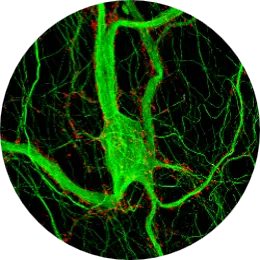
Human iPSC-derived neurons
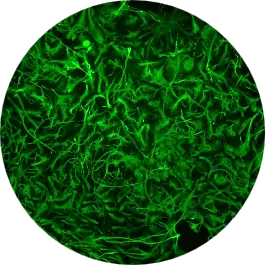
Human iPSC-derived glial cells
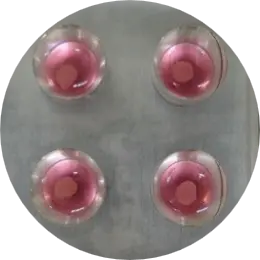
Brain Organoids

Rodent Brain Slice
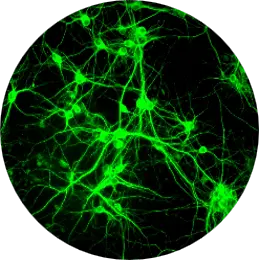
Rodent Cortical/Hippocamal cells
◆Pheripheral nervous system(PNS) |
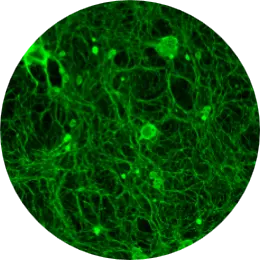
Human iPSC-derived sensory neurons
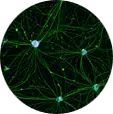
Human iPSC-derived motor neurons
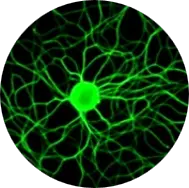
Rodent DRG neuron
◆Heart |
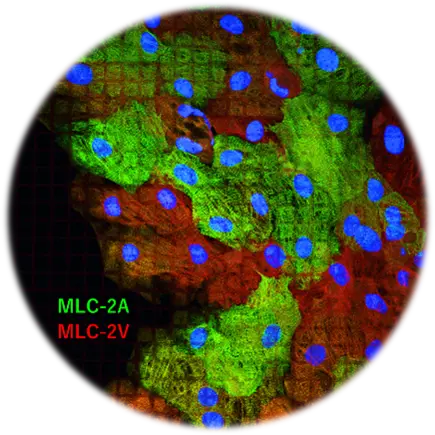
Human iPSC-deribed cardiomyocyte
MEA/HD-MEA assay
Suitable MEA/HD-MEA equipment is selected for testing, and various assays are conducted according to the test plan
-
Spontaneous activities
-
Evoked responses
-
LTP/LTD
-
Impedance(including cancer research)
Cell and Gene Therapies
Axon tracking
Administration:acute/chronic
Imaging assay
Immunostaining and live imaging are utilized to perform morphological analysis, expression analysis, and functional analysis.
-
Immunocytochemistry/Immunohistochemistry
-
Ca2+ imaging
-
Time lapse imaging
-
Simultaneous measurement with MEA assay
MPS assay
Using microfluidic devices, suitable models for compound evaluation and heterotypic cell conjunction models that mimic biological systems are constructed, enabling high-throughput assessment of compounds.
Cell culture assay
Optimal culture conditions are evaluated using client cells in measurements such as MEA. Functional assessments of the client's cells are also conducted.
Biomarker
Various biomarkers are measured using ELISA, etc. Simultaneous measurement with MEA measurement enables multifaceted evaluation.
EEG analysis
EEG/ECoG data are analyzed using our methods to detect early signs of toxicity.
